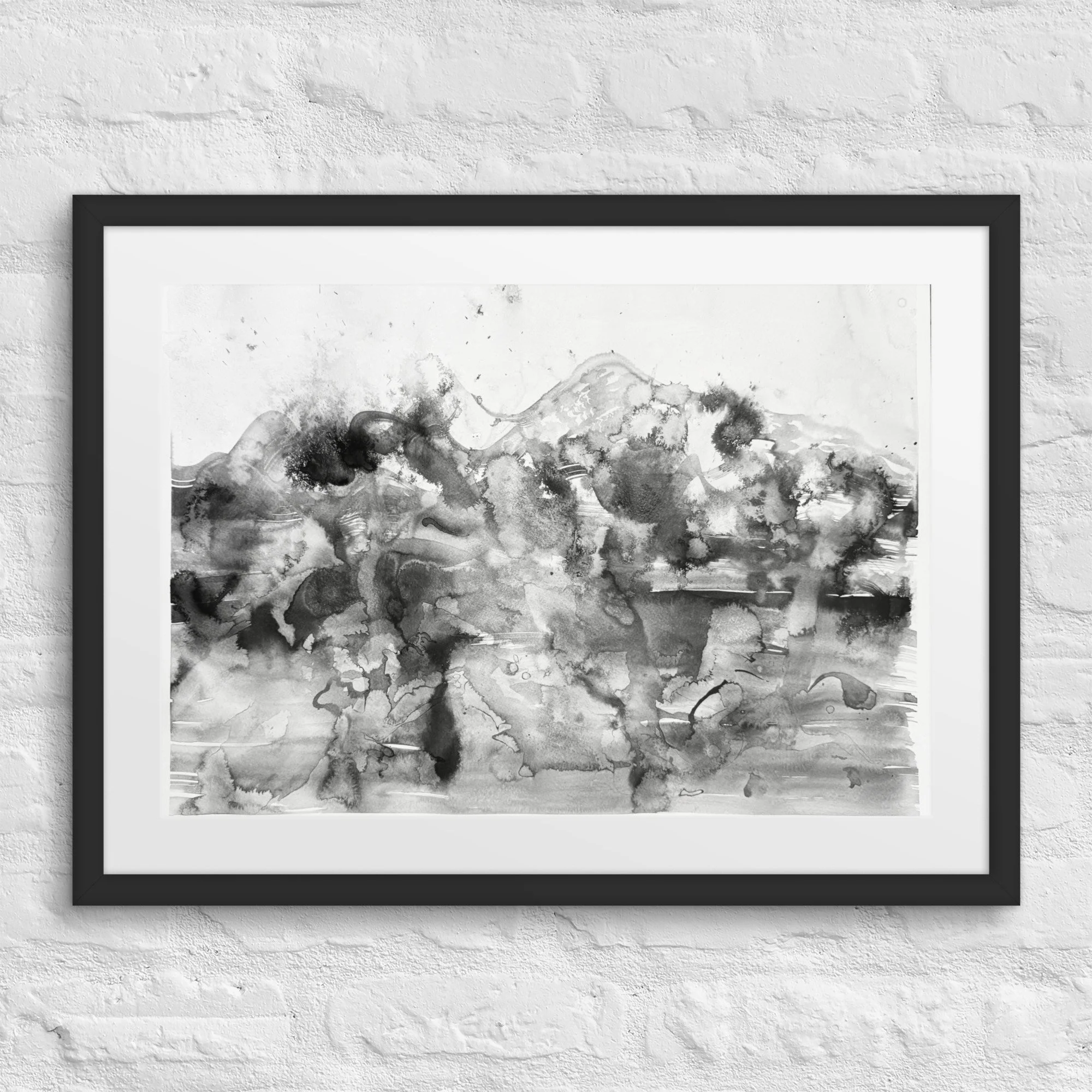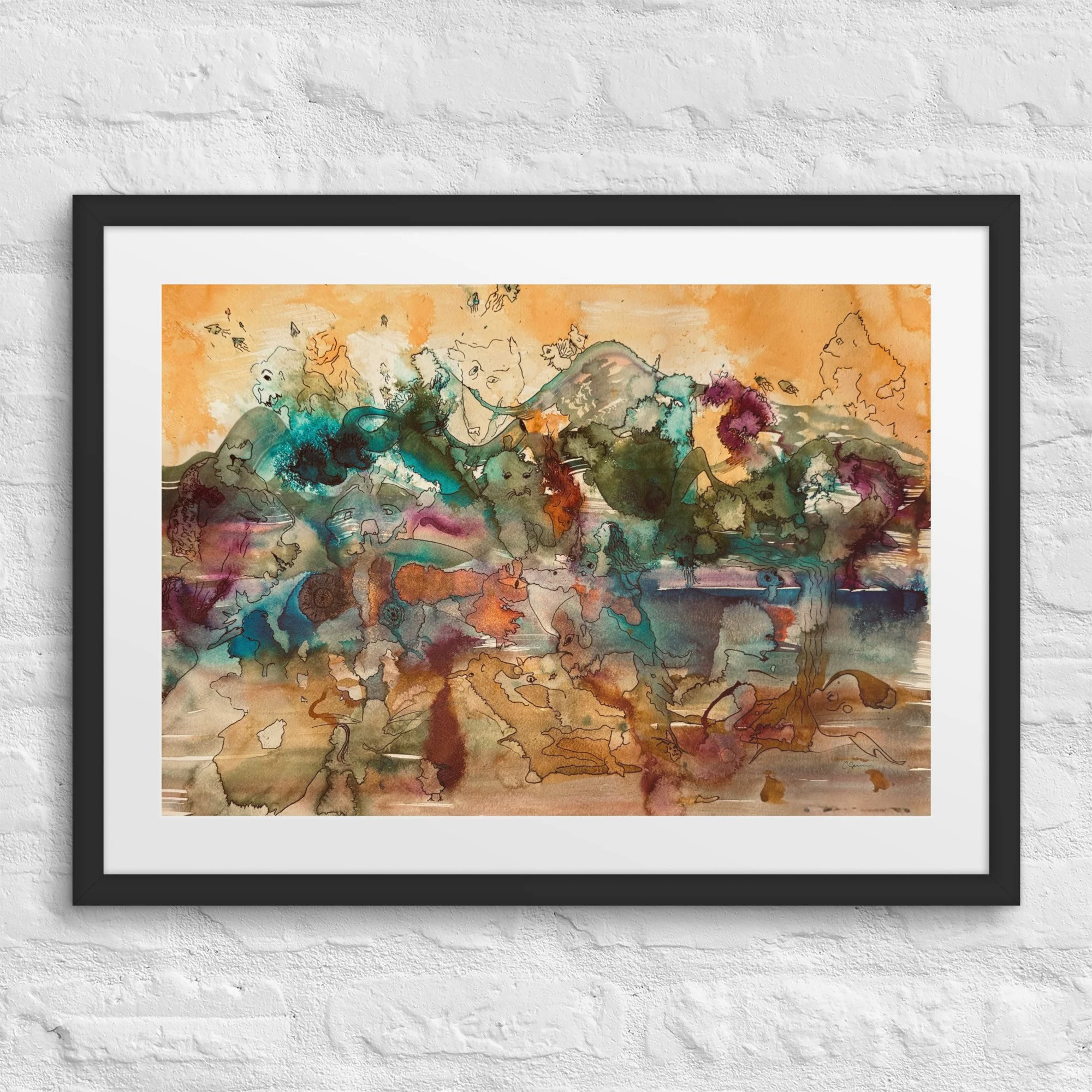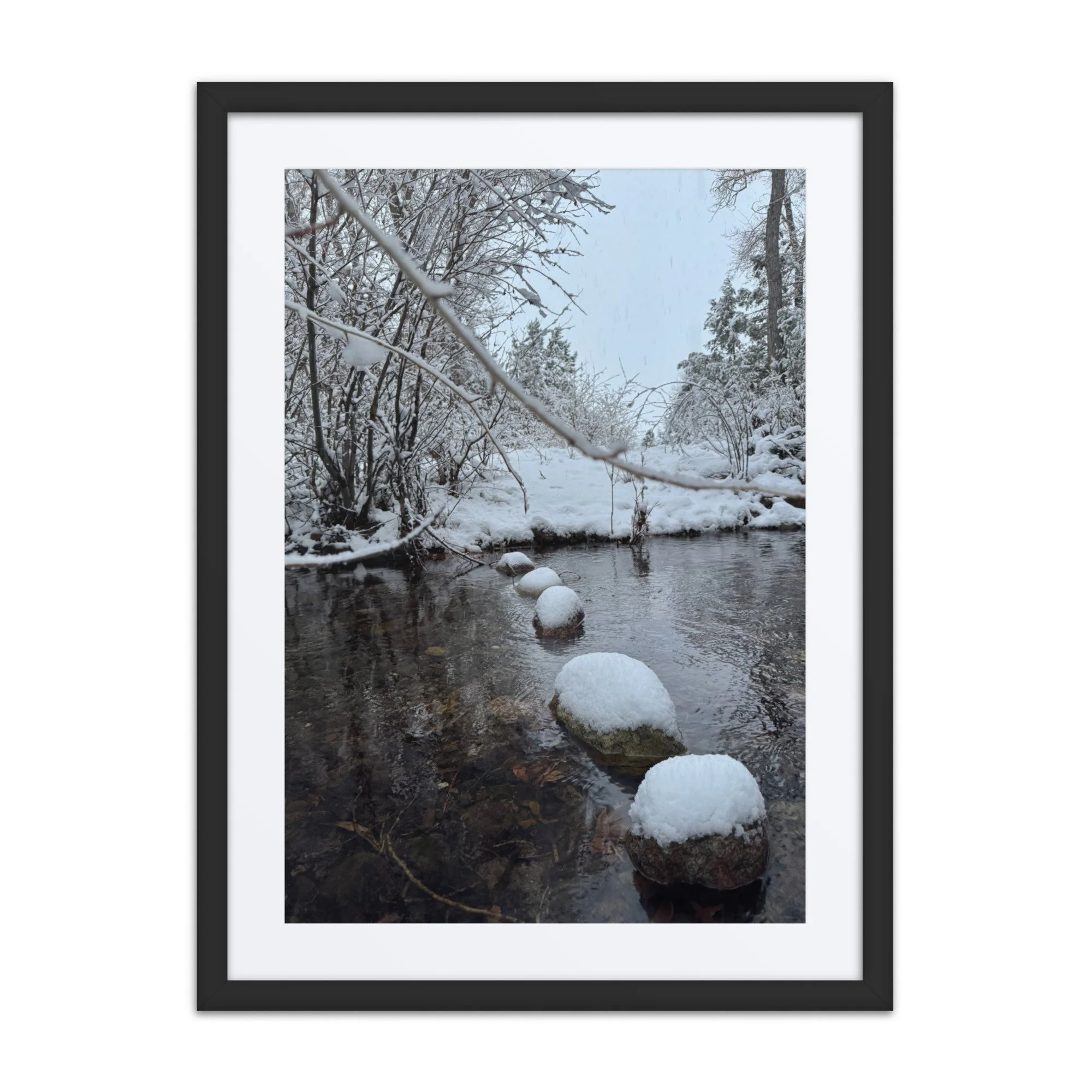
Writer | Speaker | Artist | Cycle-Breaker | Mindful Life Coach
I give people the skills they need to…
Interrupt
Interrupt cycles of burnout, anxiety, toxic stress, and emotional violence so they can connect with what truly matters
Investigate
Identify self-limiting beliefs, habits of mind, core patterns, and protective strategies that are keeping them stuck
Restore
Build self-trust, embodied confidence, attentional control, agency, and equanimity so they can rewrite their stories of belonging
Repair
Create boundaries, skills, and practices that enhance wellbeing, improve relationships, impact communities, and ripple healing across generations.
How do we reclaim our lives after relational trauma?
Break free from toxic cycles, harness your attention, and rewire your nervous system with Fierce Boundaries: Practical Skills and Somatic Exercises for Healing in a Traumatized World
Fierce Boundaries is both a mindfulness-based pathway to relational healing and a leadership framework for collective healing in divisive times. Through practical tools and compassionate guidance, it shows how tending to your own wellbeing allows you to become a source of safety, clarity, and care for others.
Filled with real-world skills and therapeutic practices, Fierce Boundaries empowers readers to wake up, re-inhabit their bodies, and honor the grief in their hearts as they create a brighter future.
Healing begins here, with you. You are the work. You are worthy of care. You are already enough.

Narrative Consulting & Mindful Brand Storytelling
I help you hold a large vision and communicate it with clarity, authenticity, and purpose. My intuitive and empathic approach reveals the core patterns, beliefs, and strategies that shape your creative process and influence how others experience your work. Together, we refine your message so it resonates deeply, aligns with your values, and reaches the people you are meant to serve.
Speaking & Media Engagements
I offer keynotes, panels, and interviews that bring mindful awareness to leadership, workplace wellness, and embodied healing. My talks explore how trauma-informed systems and sustainable leadership practices can restore humanity, compassion, and collective care in our institutions.
Workshops & Creative Facilitation
Through workshops, talks, and writing, I help individuals and communities reconnect with the body’s intelligence and recover their inner authority. These experiences blend mindfulness, creative process, and nervous system wisdom to cultivate belonging, emotional regulation, and authentic expression.
1:1 Therapeutic Support for Soul-Led Women
For women ready to live with greater boundaries, authenticity, and ease, I offer personalized support that integrates mindfulness, expressive arts, nature, and body-based practices. Together we create space for truth to emerge, helping you move through old patterns into a life grounded in presence, purpose, and embodied wisdom. My work carries the energy of ferocity and tenderness, inviting depth, aliveness, and genuine healing.






